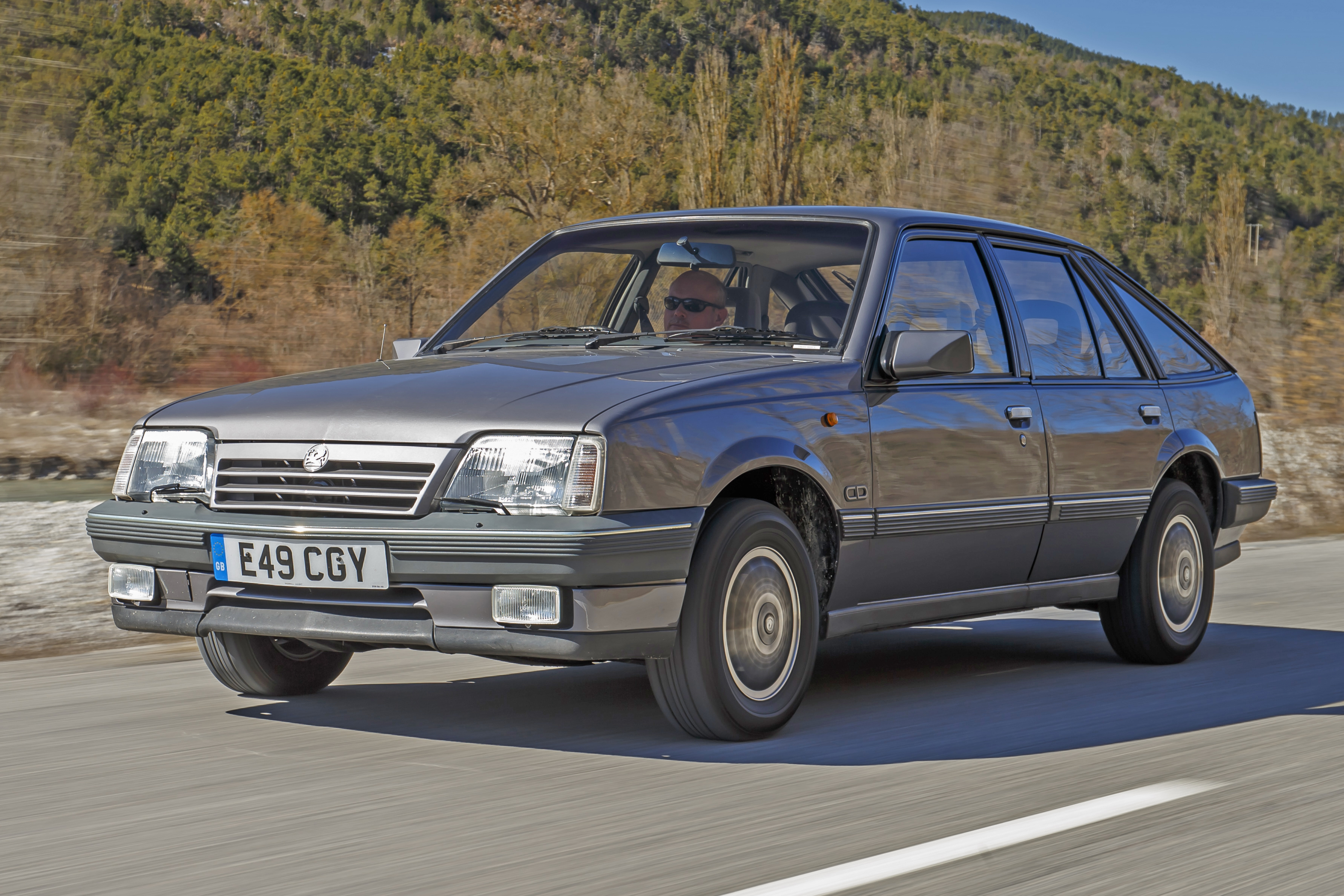
We felt it was time we took a look at this oft-neglected section of the classic car scene - the classic diesel car.
Diesel classic cars may not sound great or get the pulse racing, but for anybody looking for the ultimate in fuel economy and low running costs, a diesel classic makes a lot of sense.
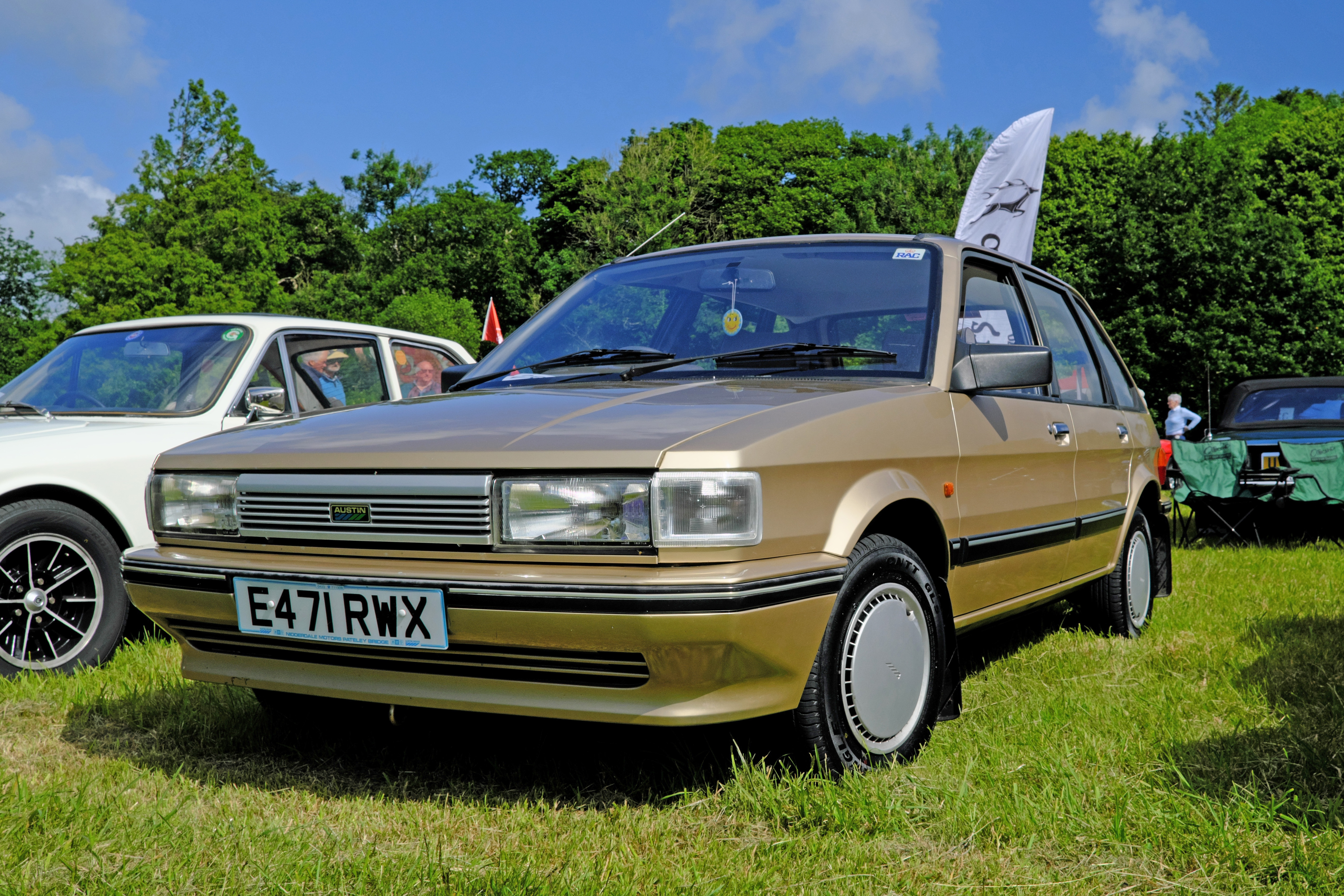
Austin Maestro
The ‘Austin’ badge had been dropped by the time the diesel version of the Rover Maestro was launched in 1990 (seven years after the Maestro first took a bow), employing a 62bhp derivative of the Perkins Prima engine. Turbocharging came in 1992, boosting the Maestro Diesel to a far more useful 82bhp. By the time the diesels were launched, Maestro sales were plummeting due to the age of the range, but these Perkins-engined models found fans thanks to their value for money, impressive economy and low running costs. The same can be said of them today, assuming you can find a good survivor for sale.
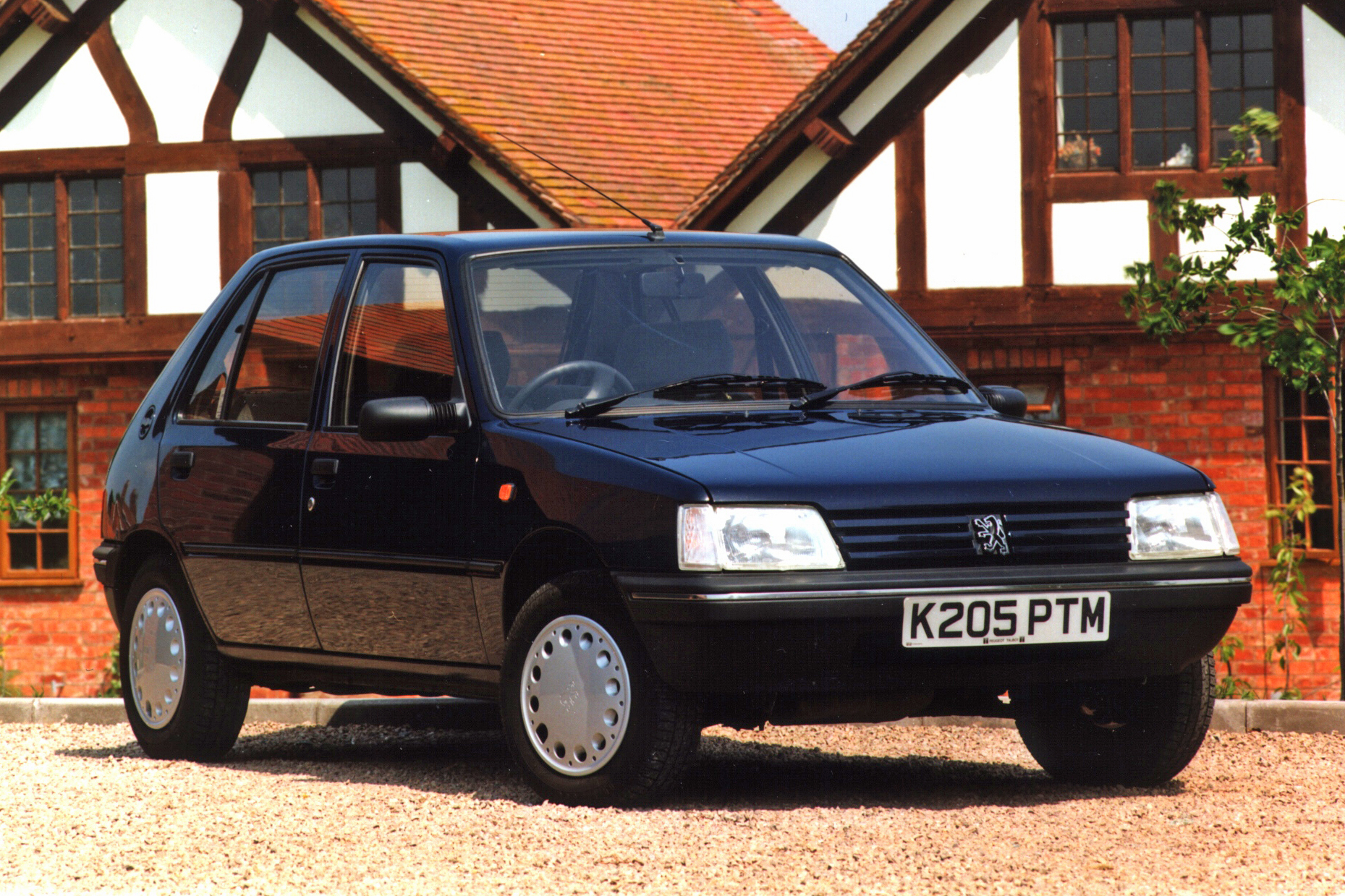
Peugeot 205
Of all the diesel-powered hatchbacks to go on sale in the 1980s, the oil-burning 205s were among the most successful. They employed the long-running XUD engine (in 1769cc and 1905cc guises), with even the least powerful 1.8 GRD feeling reasonably lively – despite a lowly output of just 59bhp. Economy figures, meanwhile, were little short of phenomenal. The 205 DTurbo of 1991 boosted power to 78bhp, but the ultimate version was the 205 STDT of 1993 – using the same turbocharged diesel lump but with GTi looks and a sporty image. Who says diesels need to be dull?
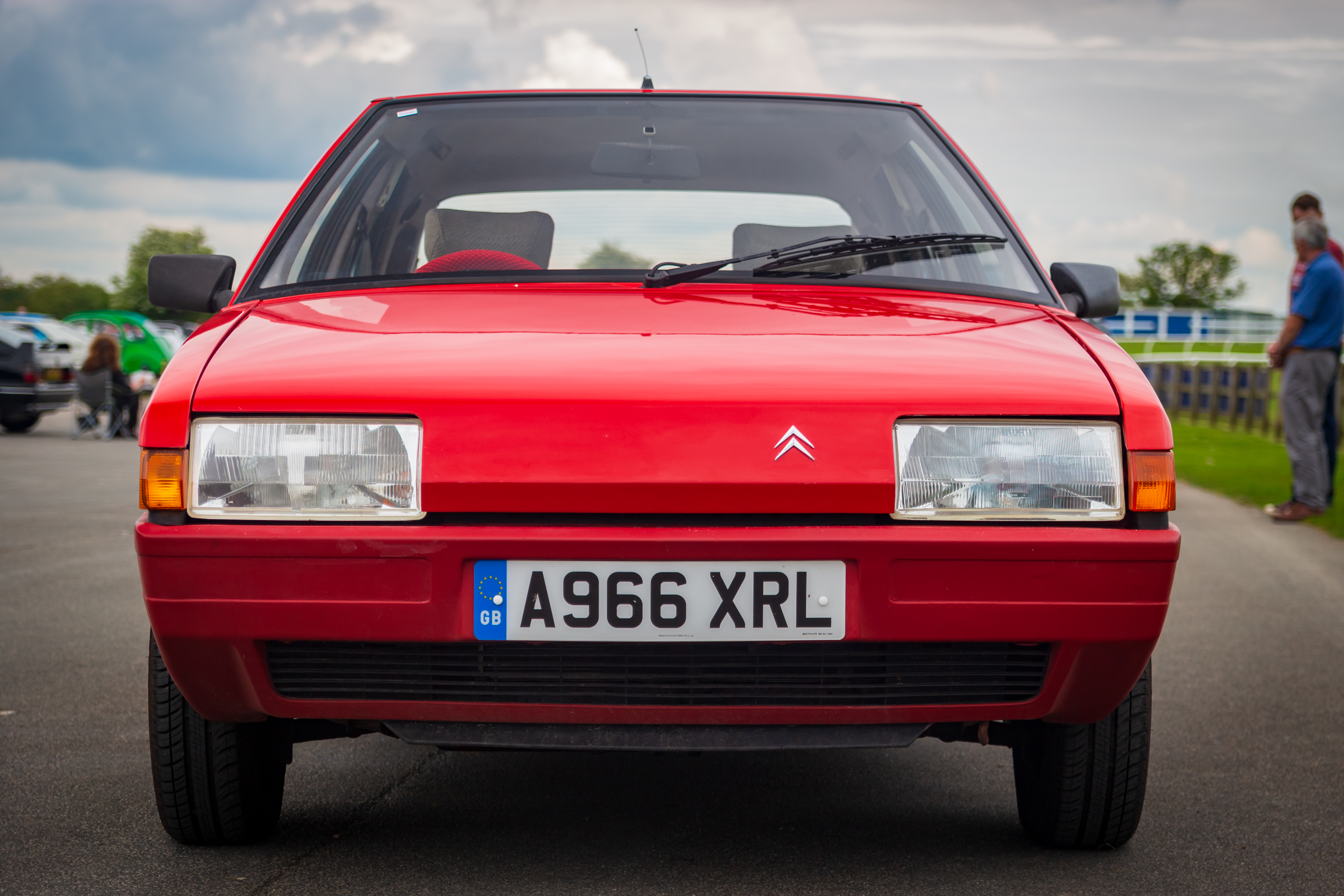
Citroen BX
The Citroen BX helped to revolutionise Citroen in the 1980s, proving popular (by Citroen standards) in the UK – and particularly so in diesel guise. Citroen BX diesels proved a hit with both private buyers and non-conforming fleet customers alike, providing an interesting alternative to the mainstream five-door hatches from the likes of Ford. Each oil-burning BX used a version of the ultra-dependable XUD diesel engine, though not all were hugely desirable. The normally-aspirated 1769cc and 1905cc models pushed out a mere 58bhp and 69bhp. By contrast the BX 17D Turbo offered just shy of 90bhp and was a genuine delight.
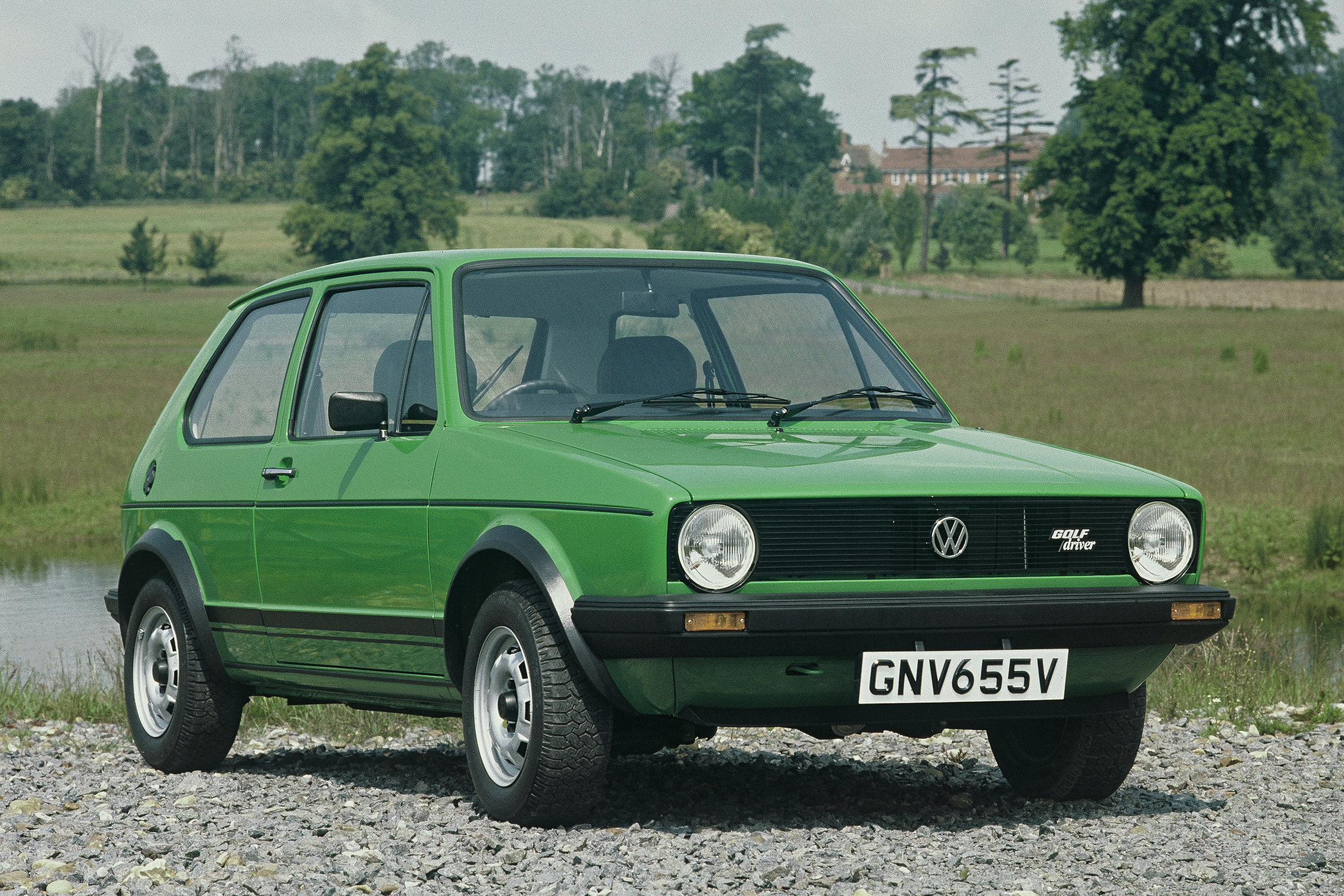
Volkswagen Golf
Volkswagen made inroads into Europe’s diesel market from the 1970s onwards, long before most of the big players began to take it seriously. First to arrive was the MkI Golf 1.5D, pushing out just 49bhp, usurped by the 1.6-litre (54bhp) version later on. They were economical and refined for the time, and paved the way for future success. That arrived with the MkII Golf diesels, with a 1588cc engine that could be had in standard 54bhp or turbocharged 70bhp guise – the latter being VW’s first 100mph diesel Golf. Buy one now and enjoy an economical and iconic modern classic.
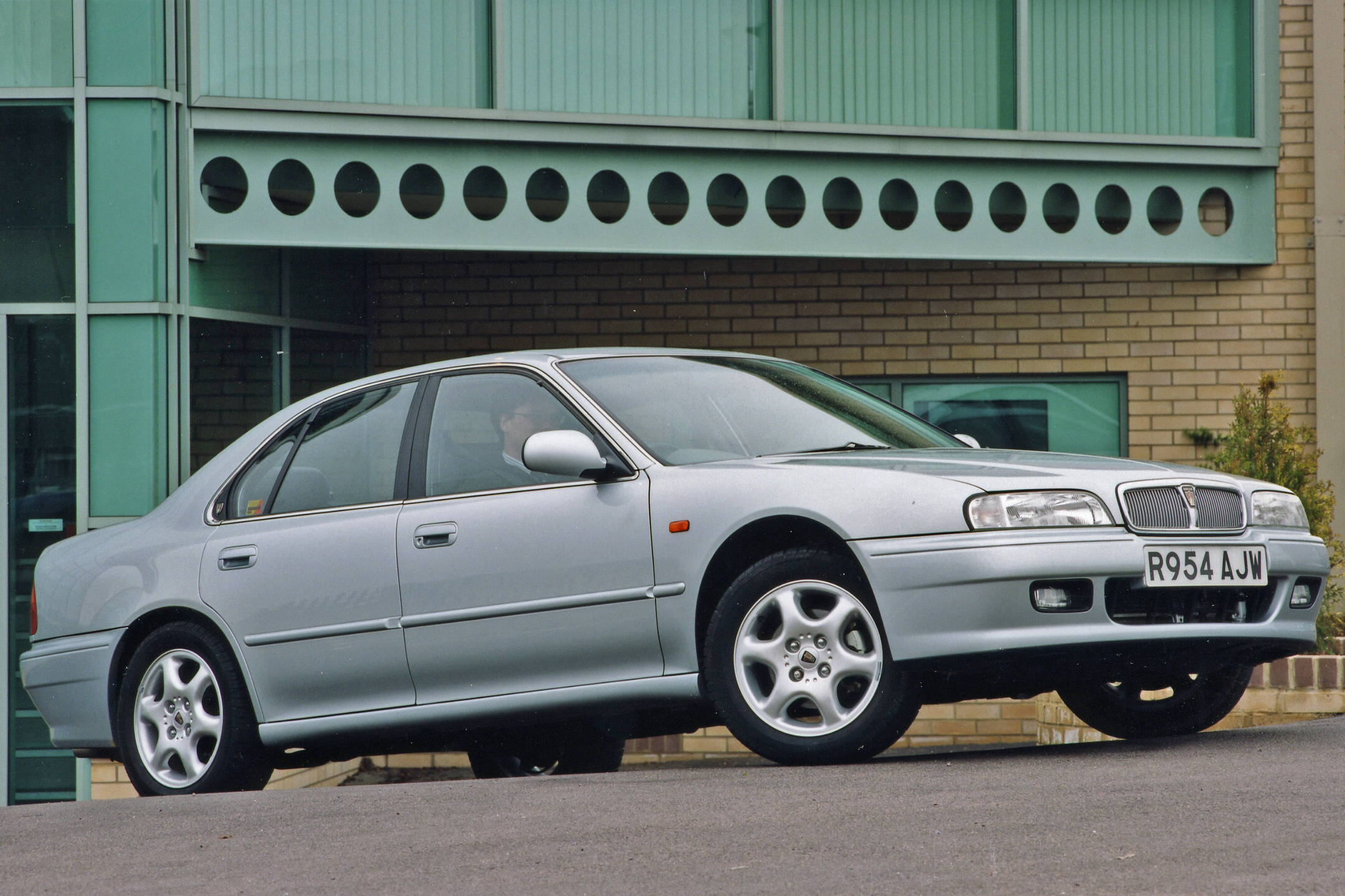
Rover 600
Diesel versions of the Rover 600 employed the L-series engine, whose roots lay in an elderly Perkins design. But that was no hardship, as this was a relatively smooth unit and powerful enough in (115bhp) turbocharged guise. In fact, the diesel Rover 600 made a superb compact-exec choice, with effortless cruising, real comfort and great economy. Most Rover 600s sold were petrol-engined, but there are still some diesel survivors with years of hard-working life left ahead of them.
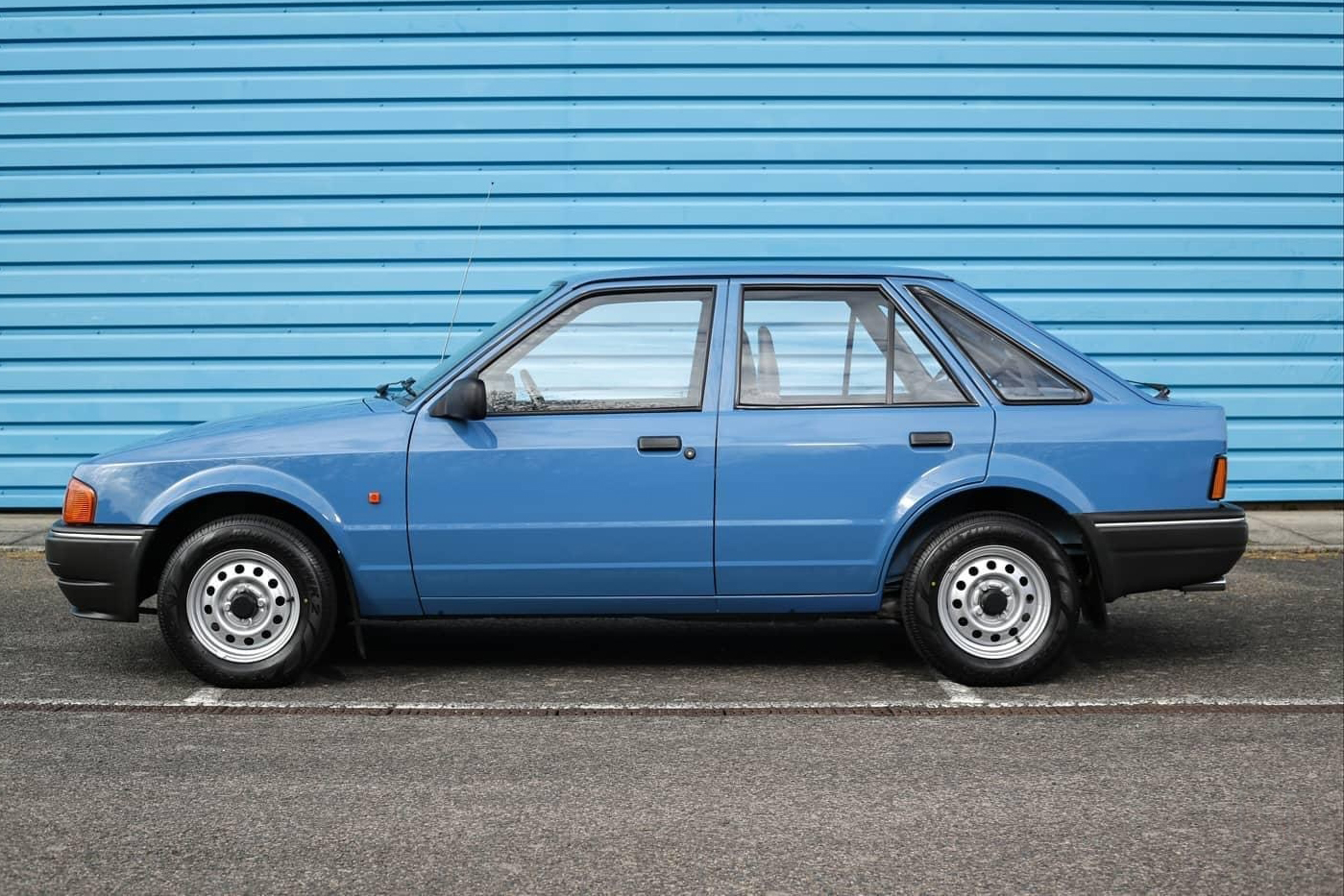
Ford Escort
When the Ford Escort finally went front-wheel drive and morphed into a hatchback in 1980, it was a major switch of concept for Ford. Needless to say, however, it proved to be a huge hit, with the MkIII Ford Escort staying around until 1986 and the subsequent MkIV lasting until 1990. Diesel versions arrived from 1983, using a Ford-designed 1.6-litre engine pushing out just 54bhp. They weren’t quick or refined but they were very economical. Things improved slightly with the 1.8-litre MkIV diesel of 1989, though 60bhp was nothing to get excited about.
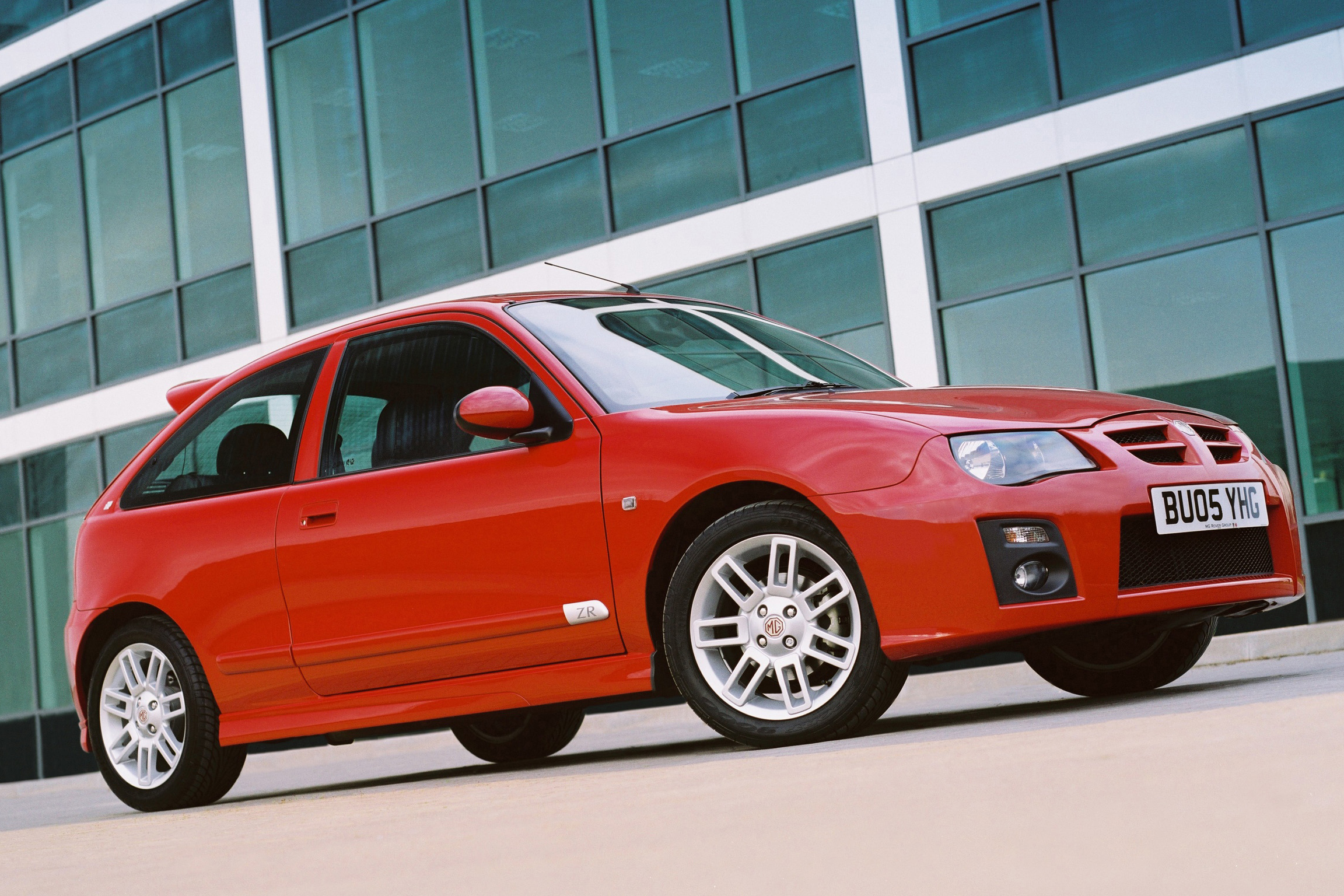
MG ZR
MG Rover’s 2001 transformation of the Rover 25 and 45 into the MG ZR and ZS respectively was a brilliant move, creating a pair of sporty new models on a tight corporate budget. Both cars sold well, with the ZR topping Britain’s hot hatch sales chart for a while. Canny buyers could choose a ZR or ZS with 2.0-litre L-series turbo-diesel power, offering a choice of 99 or 111bhp. The engine was based on the old Perkins Prima, ensuring decent reliability.

Vauxhall Cavalier
With diesel sales taking off in the 1980s, no car company hoping to make it big in the fleet market could ignore the oil-burning sector. And in the case of Vauxhall, that meant launching a diesel version of its MkII Cavalier as soon as possible. The diesel Vauxhall Cavalier arrived in 1983. But while arch rival Ford employed a hefty 2.3-litre (Peugeot-supplied) diesel for its Sierra, the Cavalier made do with one of just 1.6-litre capacity – with only 54bhp on tap. Progress was slow, with a top speed of 88mph but at least it was reliable and incredibly economical.
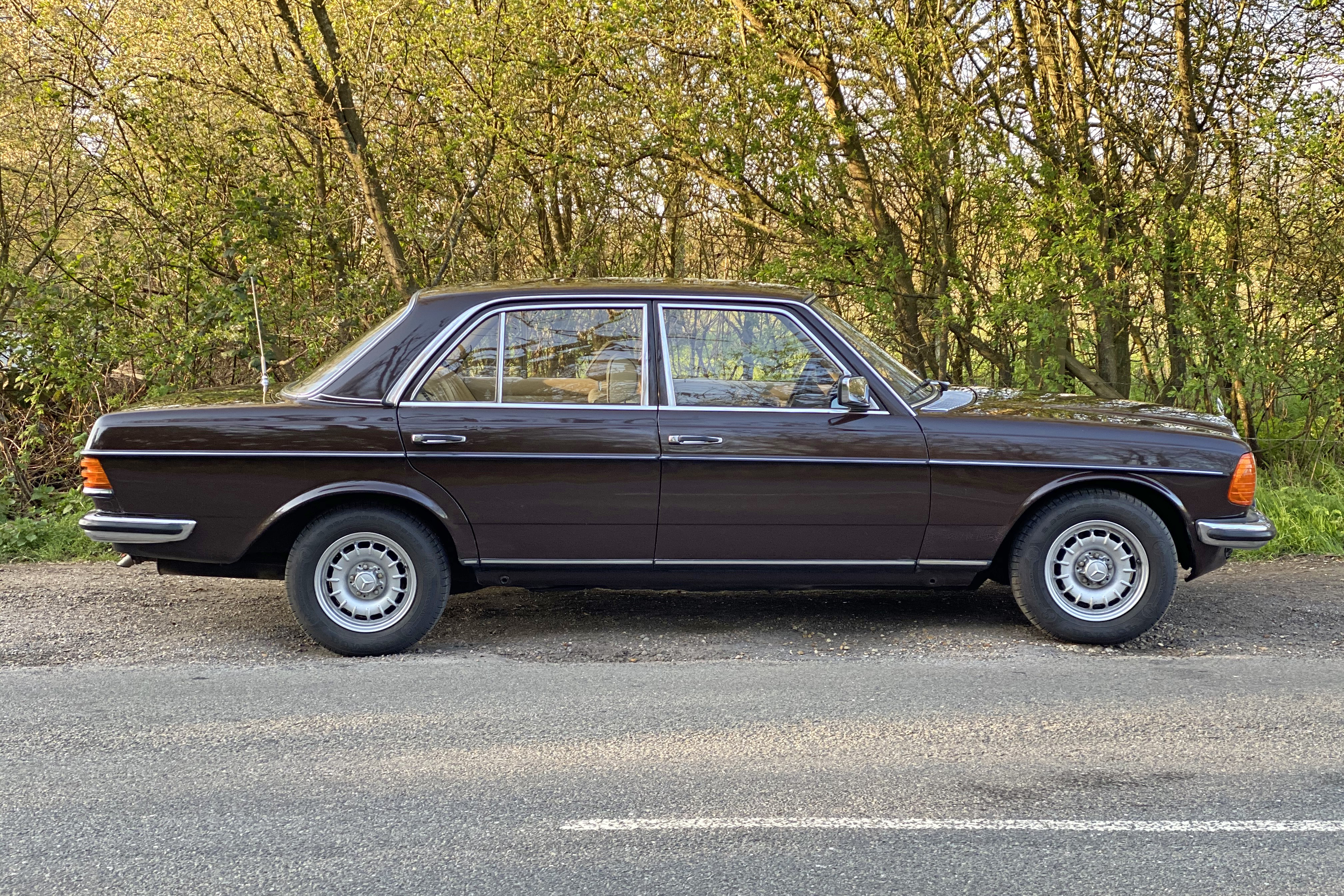
Mercedes W123 E-Class
Mercedes-Benz’s involvement with diesel technology dates back to before World War II and it’s been selling diesel-powered saloons since the 1950s. That means there are plenty of classic diesels in the Mercedes back catalogue, including popular models like the Mercedes-Benz 190 and the W124 E-Class. We’re particularly big fans of the W123-generation diesels. They weren’t exciting (some of the four-cylinder versions pushed out just 54bhp), but they were brilliantly well built, fantastically reliable and capable of vast mileages. The 240D was popular (and a common sight at taxi ranks throughout Europe) but the 300D was the one to go for.
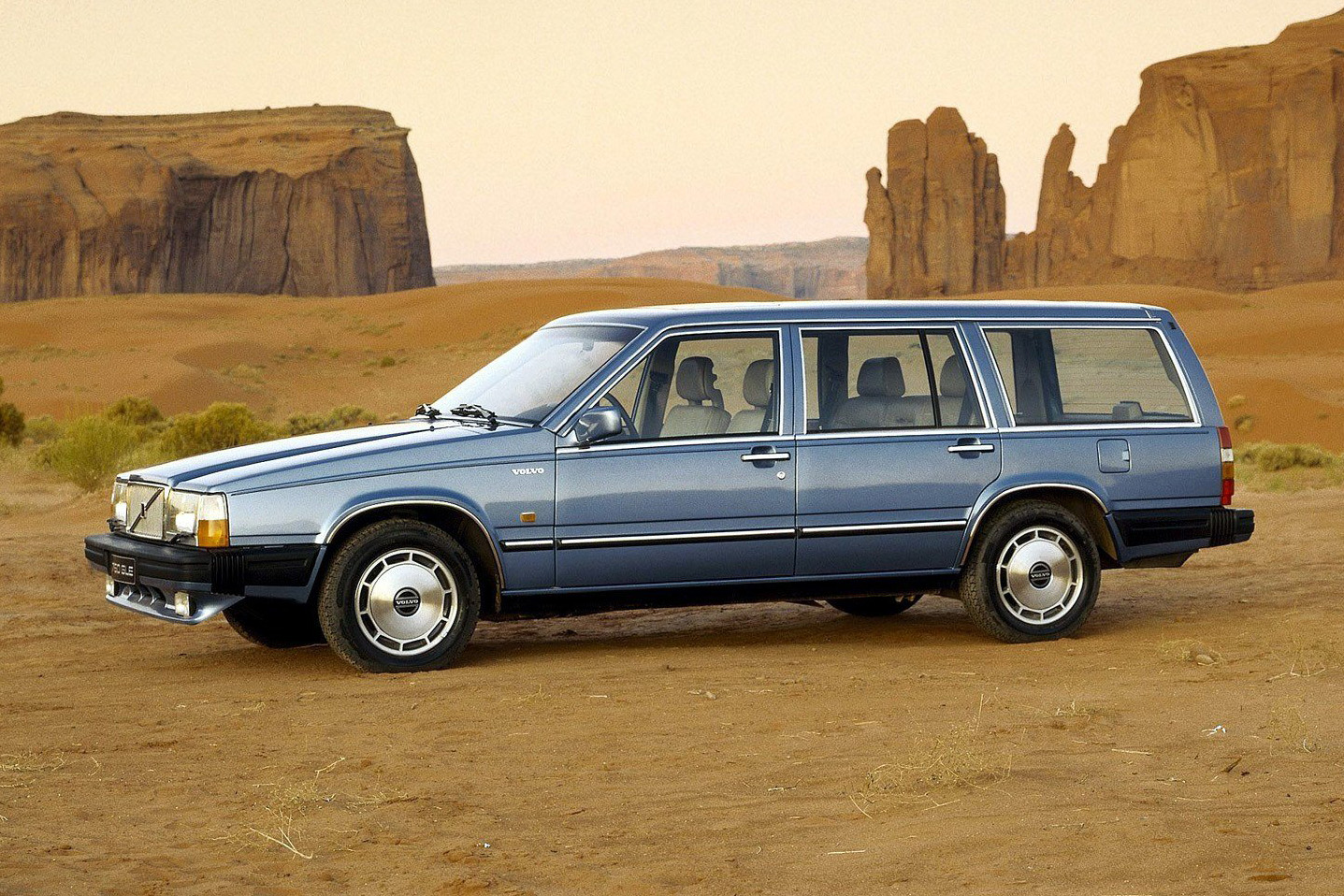
Volvo 740
With a 2383cc straight-six turbocharged engine under the bonnet, any diesel-powered Volvo 740 (or more luxurious Volvo 760) makes an interesting choice if you crave a classic that’s economical, robust, roomy and downright practical. And that’s particularly the case if you choose the simply cavernous estate version. These weren’t the most refined executive diesels on sale in the ’80s, but they were a decent enough drive, aided by a healthy output of 109bhp. This was boosted to a useful 122bhp if you opted for the 760, transforming it into one of the most impressive motorway-munching diesels of its generation.

